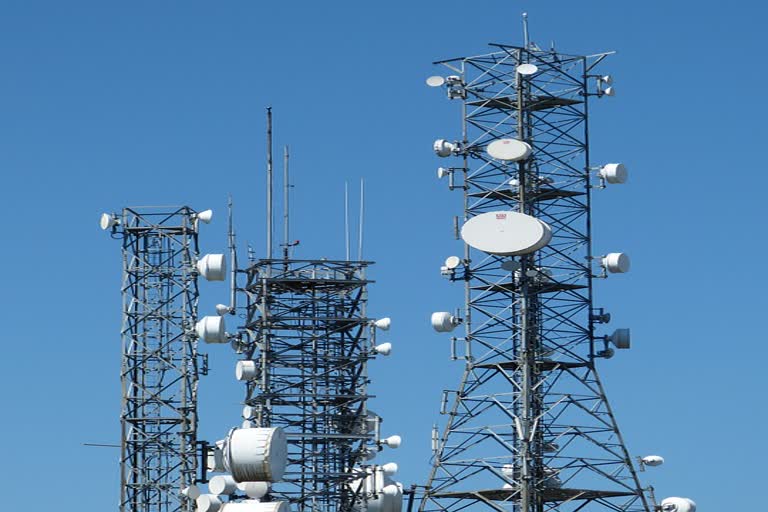New Delhi: The Digital Communications Commission (DCC) -- the apex decision-making body of the Telecom Department -- Thursday cleared norms for 5G trials in India, even as the government mulls a "calibrated" view on the question of Chinese giant Huawei's participation.
A decision on the contentious issue of the use of Huawei equipment in telecom infrastructure, particularly for futuristic 5G networks, is expected to be taken soon, said a senior government official who did not wish to be named.
The official asserted that India will take a considered view on the matter "maximising its self-interest".
When contacted, Telecom Secretary Aruna Sundararajan said: "...it will be a calibrated decision. We will ensure all security certifications, and there will be no compromise on security and equally, we will drive a hard bargain to ensure that there is space for Indian intellectual property rights (IPRs) in new 5G rollouts".
"India is engaged with global Original Equipment Manufacturers (OEMs) and India is also keeping track of global developments. We believe this is a huge opportunity to create a platform for 5G with Indian capabilities.
"So whichever OEM we partner with, one of the key considerations will be to see who will give us the best deal for Indian start-ups, Indian IPRs and Indian standards," she told reporters.
Also read: New monthly GST return filing system to be rolled out from October
Sources said a final decision will be taken soon keeping in view India's interest, capabilities, commercial and strategic requirements as well as overall geopolitical considerations.
Last month, the Trump administration had placed Huawei and its affiliates on a blacklist, a move that barred the Chinese telecom equipment major from purchasing parts and components from American firms without the US government's approval.
The US had subsequently relaxed some of the restrictions to reduce disruption for customers.
IT Minister Ravi Shankar Prasad recently alluded to the issue, saying it was a "complex" matter and will be looked at seriously by India including security aspects.
Huawei has maintained that its engagement with the Indian government for 5G trials has been "positive" and hoped that the country will make its "own independent decision" on the issue.
Meanwhile, the DCC has approved norms for spectrum allocation for 5G trials based on the recommendations of a DoT-constituted committee chaired by IIT Kanpur Director Abhay Karandikar.
The panel was tasked to give recommendations on the scope of 5G trials, as well as size, quantum, pricing and other aspects for offering experimental/trial spectrum.
"The thrust of that is to ensure that in India, we are able to develop our own hardware devices and make available experimental spectrum on extremely liberal terms...so it is being given for a period of one year, which is extendible as compared to 3 months which was the maximum period earlier," a source said.
There will be experimental and technology trial licences, applicable to all Indian entities involved in research and development, incubation, experimentation, as also telecom service providers.
The licence fee has been pegged at Rs 5,000 with the simplified clearance process. It also entails a provision for 'deemed licence', aimed at promoting startups and facilitating ease of doing business.
Asked when the allotment of spectrum for 5G trials will take place, the source said it will happen soon.
Also, it was decided that Common Services Centres (CSCs) will leverage the fibre network in one lakh gram panchayats -- under BharatNet -- and start delivering services including maintaining wi-fi hotspots and connecting development institutions.
The DCC also approved a proposal pertaining to the implementation of BharatNet in public-private partnership (PPP) mode.
"Linking up to homes, linking up to development institutions and linking up to towers will be the focus on BharatNet in PPP mode," the source added.




